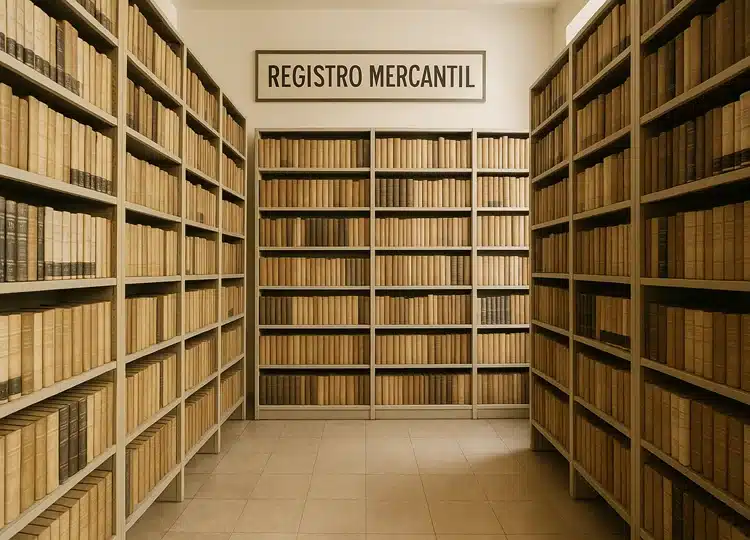
Transparency reaches limited liability companies: key changes in share ownership
On 9 July 2025, the National Anti-Corruption Plan was made public, a project which, if fully implemented, will have a major impact on Spanish corporate law. Among its different components, Component 9.4 stands out, proposing that the ownership of shares in Limited Liability Companies (Sociedades de Responsabilidad Limitada, S.L.) – the most common corporate form under Spanish law – must be compulsorily registered with the Companies Registry (Registro Mercantil).
If adopted, this would represent not only a far-reaching change to the current legal regime of S.L.s, but also a true paradigm shift in how ownership and transparency are conceived and regulated in our corporate system.
Ownership of shares: the current regime
The Spanish Companies Act (Ley de Sociedades de Capital), in Articles 104 and 105, requires S.L.s to maintain a Shareholders’ Register (Libro registro de socios), which records:
Original ownership and subsequent transfers of shares.
The creation of security interests or encumbrances over such shares.
In addition, Article 18 of the Commercial Code and Article 329 of the Companies Registry Regulations provide that this register must be legalised electronically before the Companies Registry.
However, despite this formal requirement of legalisation, the Shareholders’ Register remains in practice an internal corporate document, not available to the public. Third parties cannot freely consult it, meaning that the identity of S.L. shareholders is strictly private and controlled by the company itself.
Ownership of shares: proposed changes
The proposal introduces, for the first time, public registration of shareholdings. Under this new framework, all transfers of S.L. shares must be registered in the Companies Registry. Otherwise, such transfers will not be enforceable against third parties and will only take effect between the contracting parties.
With this change, any third party would be able to access public information on who is – and who has been – a shareholder of an S.L., in a system comparable to today’s public access to companies’ annual accounts.
Additionally, it is envisaged that security interests over shares could be created through their registration with the Register of Movable Assets (Registro de Bienes Muebles).
Operational impact on S.L.s
Beyond its legal scope, the measure will entail for S.L.s:
New formal obligations and the adoption of protocols to ensure compliance.
Additional costs linked to registry management and corporate documentation updates.
Review and possible amendment of shareholders’ agreements, articles of association, general meeting regulations, and other documents.
A potential deterrent effect on investors, with some possibly shifting to the public limited company (sociedad anónima) as an alternative vehicle.
At present, the sanctions regime for non-compliance remains unknown. Clarification will come only with the relevant legislative development.
If approved, the measure will affect entrepreneurs, investors, advisers and public office holders, requiring:
Statutory amendments.
Specialist advice on share transfers.
Systems for updating shareholder records.
Strict compliance with transparency requirements.
At Devesa, we anticipate such changes by offering a progressive and carefully planned implementation strategy, enabling companies to minimise risks and adapt in good time to the new legal framework on share ownership in S.L.s.
Do you need advice? Access our area related to share ownership:




